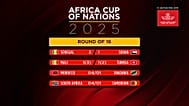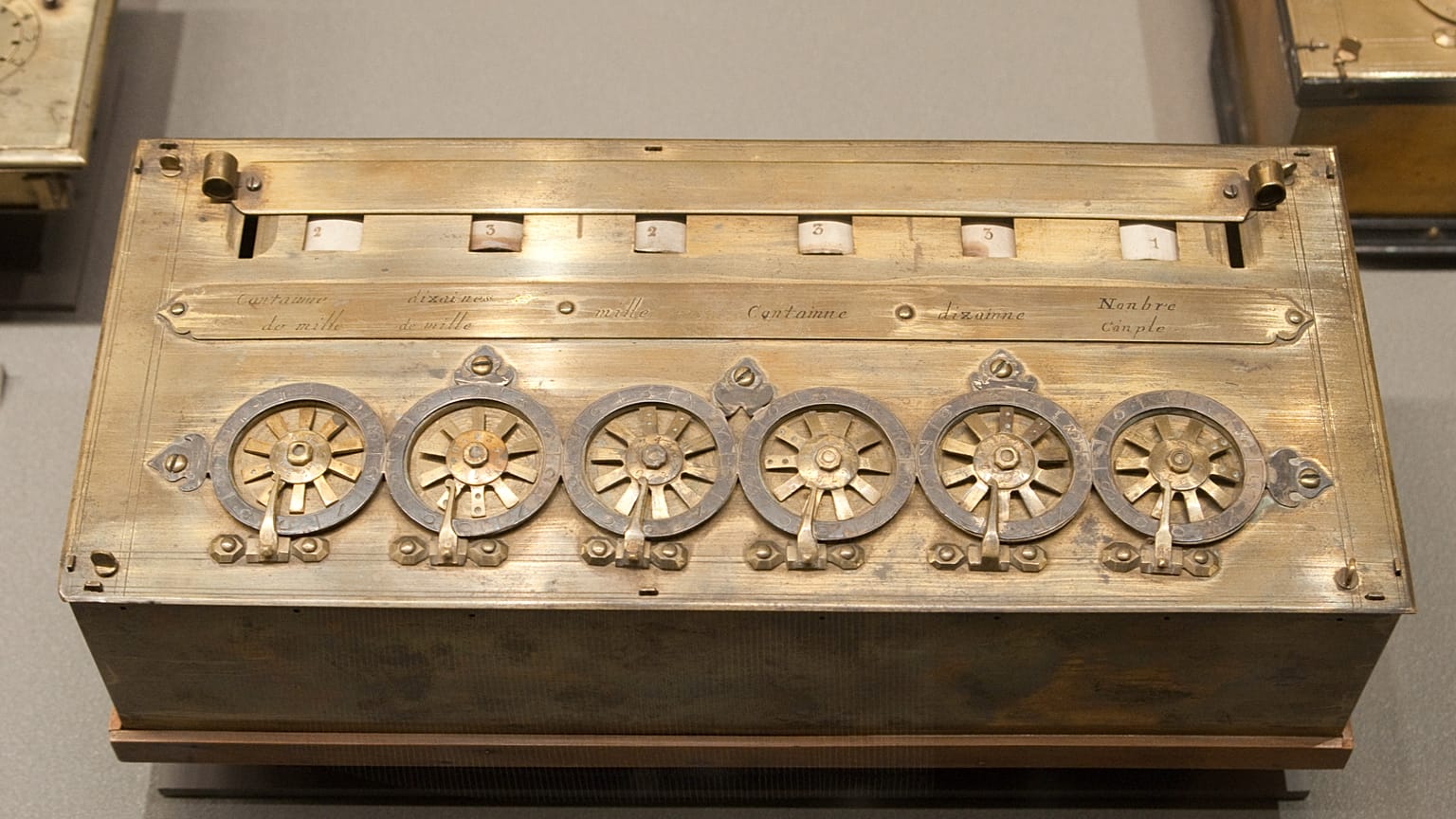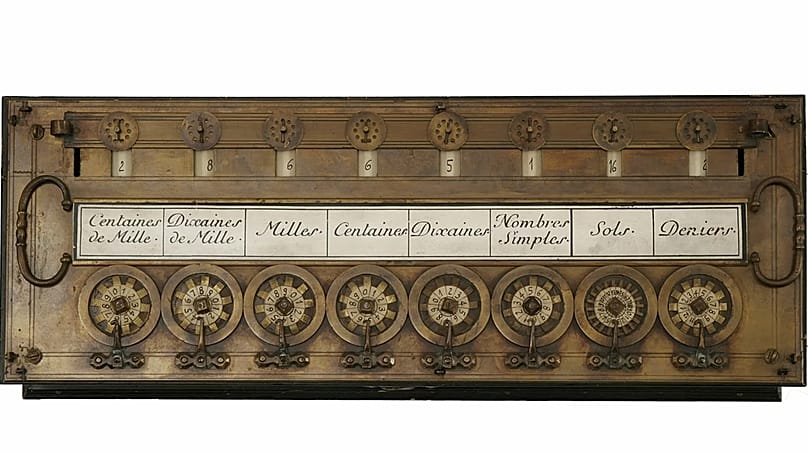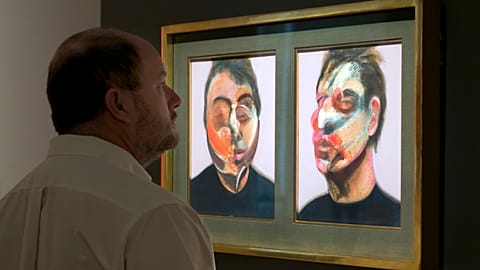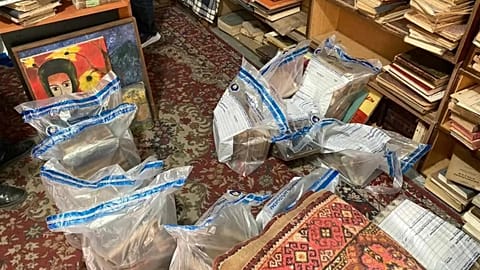A French court has blocked the export and foreign purchase of a 17th century arithmetic machine invented by Blaise Pascal to help ease the laborious task of calculating taxes.
The sale of an ancient arithmetic machine known as the 'Pascaline' has been suspended after a French administrative court blocked its export.
Leading auction house Christie's decided to call off its auction of the Pascaline, which was due to take place on Wednesday 19 November, after the Paris Administrative Court suspended the export authorisation for the calculating machine built in 1642 by Blaise Pascal, a French mathematician, inventor, philosopher, moralist and theologian.
Numerous scientists and researchers had applied to the administrative court for an emergency ban on the potential export of this instrument, which belongs to a private individual and is estimated to be worth between two and three million euros.
"National treasure"
"In view of its historical and scientific value", this object is "likely to be classified as a national treasure", which "precludes the issue of an export certificate", observed the Paris Administrative Court. This provisional decision, pending a ruling on the merits, "prohibits the Pascaline from leaving the country", reports AFP.
Laurence Plazenet, director of the Centre International Blaise Pascal, told France Culture: "The courts have been extremely effective in supporting the preservation of this object.
The director expressed "a great deal of satisfaction", because "the Pascaline is the first functional calculator in the history of mankind, so it's an object of absolutely primordial scientific value", she explained. "It is likely that this machine was commissioned by someone close to Pascal or by the royal authorities," she adds. "It has an extremely special heritage or museum value", Laurence Plazenet points out.
It is now "fundamental" that "the Ministry of Culture intervenes to classify the Pascaline as a national treasure", added Plazenet. "The tax deduction for a patron who contributes to the purchase of a national treasure is very important, and could lead to many major French patrons joining forces to buy the work and place it in a French public collection", she concluded.
A unique model
There are now only eight machines in existence in the world from this period, plus a ninth made shortly afterwards. Six of them are in museums in France, and two others in Germany, explains LémanBleu.
But the one offered for sale is the only surveying Pascaline that can be used to calculate feet, 'toises' and inches. Two other types of Pascaline exist, some for calculating decimals, others for accounting operations, particularly monetary operations.
Depending on the deadlines in force, the decision on the merits could take several months.



